-
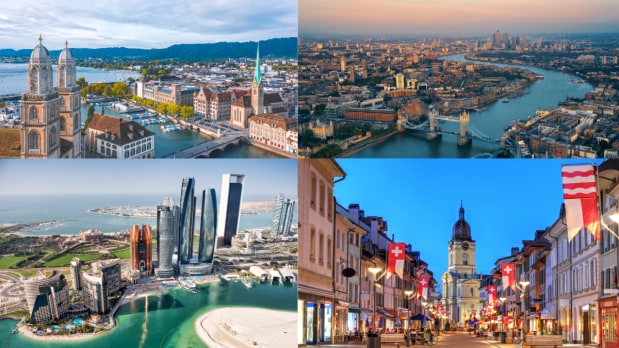
The IMD Smart City Index 2025 rankings, released by the International Institute for Management Development (IMD), reveal a continued dominance by Swiss cities at the top. The IMD Smart City Index 2025 ranks 146 cities worldwide based on resident perceptions of existing infrastructure and technological applications in key areas like health and safety, mobility, activities, opportunities, and governance. New cities joining the global rankings in 2025 include AlUla (Saudi Arabia), Astana (Kazakhstan), Caracas (Venezuela), Kuwait City (Kuwait), Manama (Bahrain), and San Juan (Puerto Rico). (Photo Source: Canva)
-
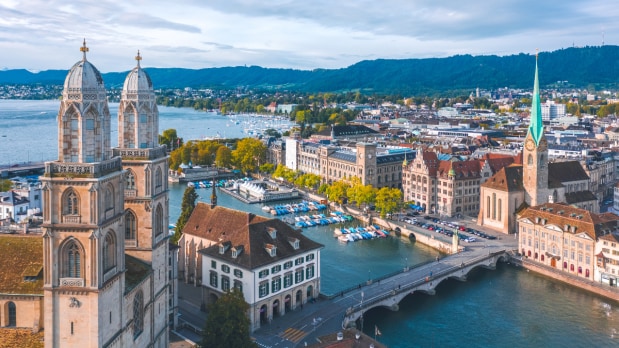
Rank 1: Zurich (Switzerland) retains the top position in the index. Residents perceive strengths in areas such as efficient public transport, waste management, and sustainable infrastructure. The city emphasises digitalisation, innovation, and smart health initiatives. (Photo Source: Canva)
-
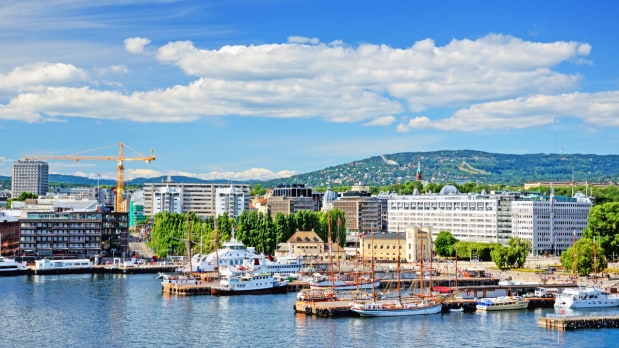
Rank 2: Oslo (Norway) holds steady at the second position. The city is noted for its focus on sustainable urban development and climate action, including initiatives for reducing greenhouse gas emissions and increasing the use of electric vehicles. (Photo Source: Canva)
-
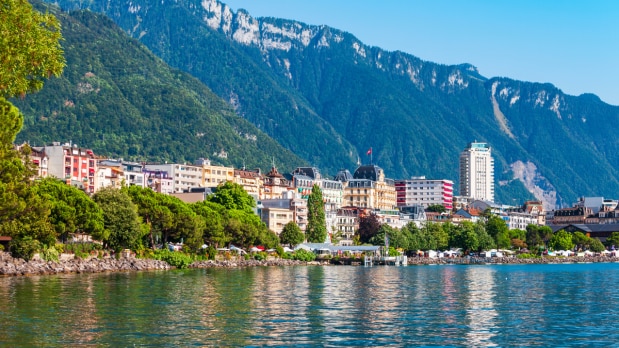
Rank 3: Geneva (Switzerland) moved up one position from its 2024 ranking. The city’s rise is associated with its urban planning and infrastructure, which residents perceive as citizen-centric. (Photo Source: Canva)
-
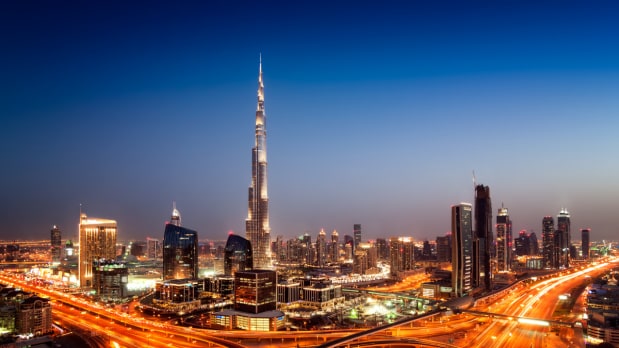
Rank 4: Dubai (UAE) advanced significantly from 12th place in the previous year’s rankings. This change is attributed to progress in sustainable infrastructure and digital services. Dubai’s smart city strategy aims to enhance government services across various sectors. (Photo Source: Canva)
-
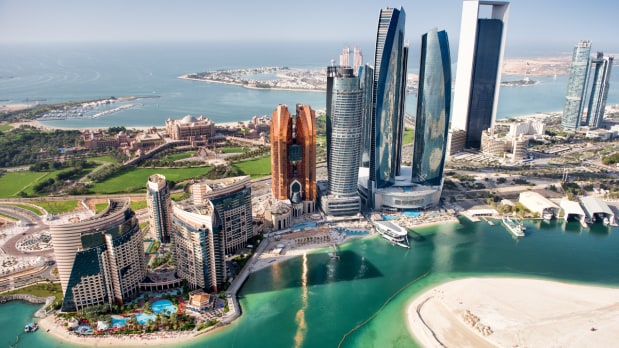
Rank 5: Abu Dhabi (UAE) climbed five places from its 2024 ranking. The city’s digital strategy includes plans to integrate AI across government functions and public services, with a projected impact on GDP and job creation. (Photo Source: Canva)
-
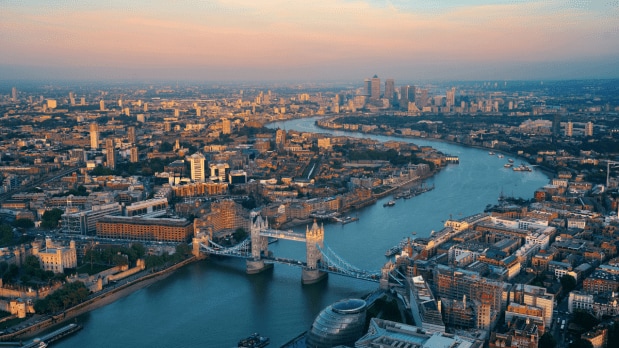
Rank 6: London (United Kingdom) moved up two positions from its 2024 ranking. London demonstrates a focus on human capital, international profile, and urban planning. Its smart city policies are also noted for promoting inclusive housing, transport, and health management systems. (Photo Source: Canva)
-
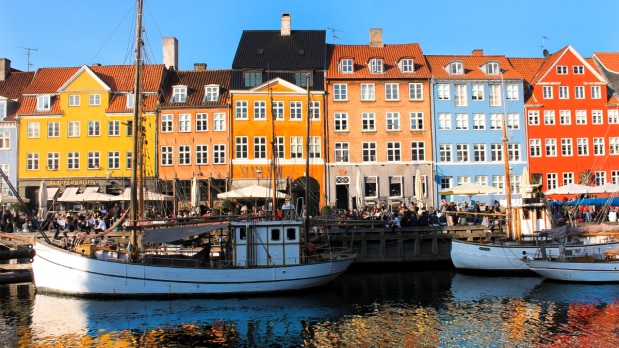
Rank 7: Copenhagen (Denmark) experienced a minor drop of one position from the previous year. The city maintains a strong focus on sustainability, with efforts toward achieving carbon neutrality and utilising IoT for managing urban resources. (Photo Source: Canva)
-
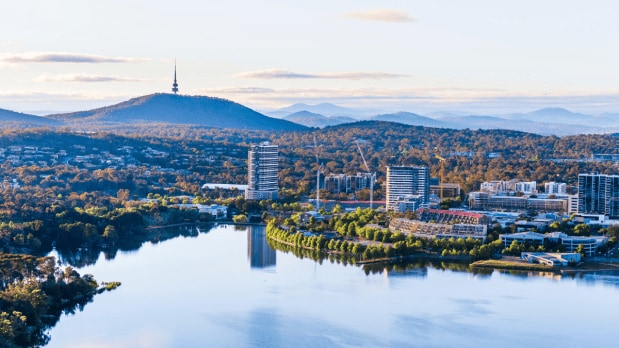
Rank 8: Canberra (Australia) decreased five positions compared to its 2024 ranking. The city is noted as being among those that have performed strongly in integrating technology and maintaining a quality of life. (Photo Source: Canva)
-
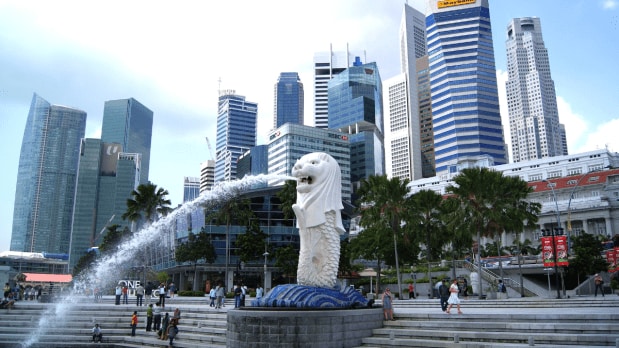
Rank 9: Singapore (Singapore) slipped four places from its 2024 position. Singapore’s smart city efforts involve leveraging data and information technology to improve urban living and generate economic opportunities. (Photo Source: Canva)
-
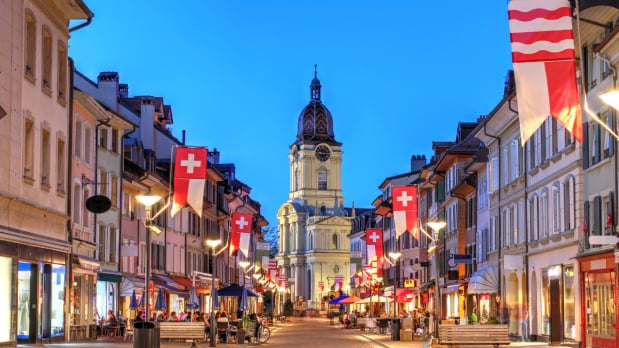
Rank 10: Lausanne (Switzerland) dropped three places from the previous ranking. The city is recognised for its approach to healthcare and education, as well as investments in research and technology. (Photo Source: Canva)

Singer Palak Muchhal enters Guinness Book of Records, uses her gift of singing for this heartfelt cause






